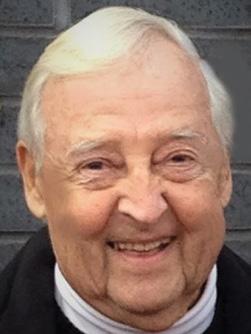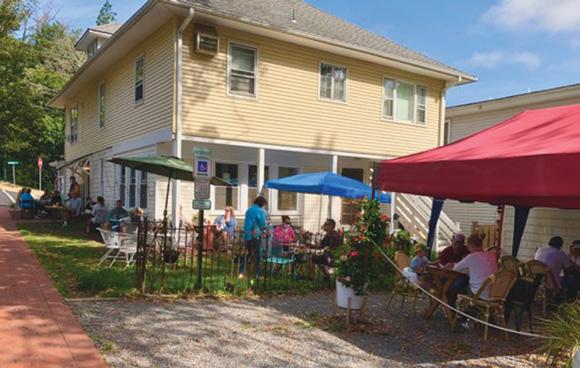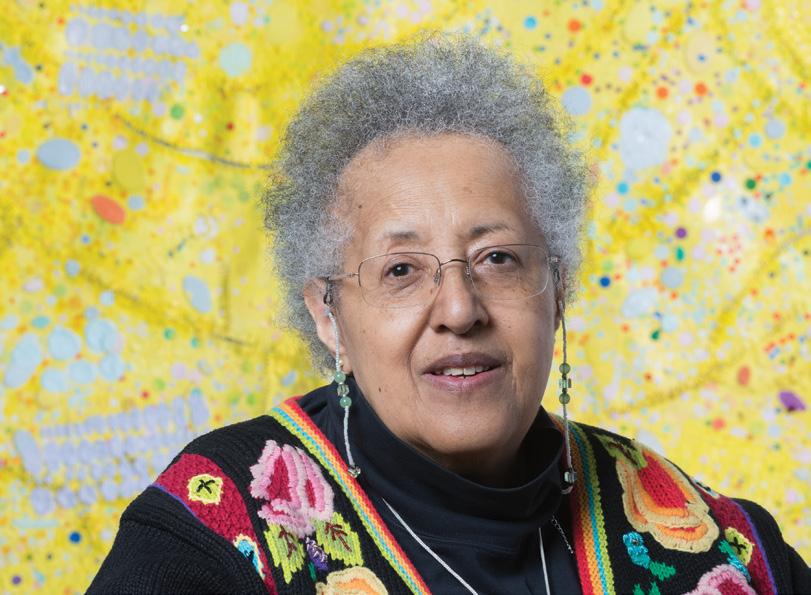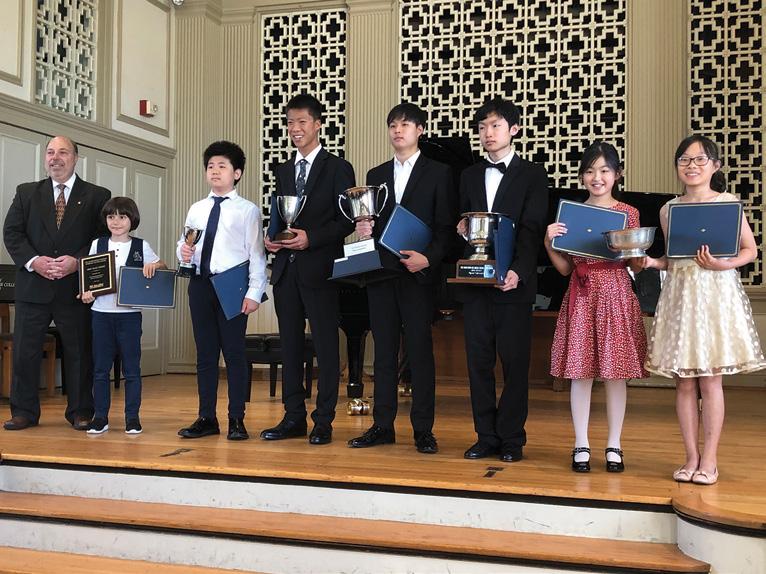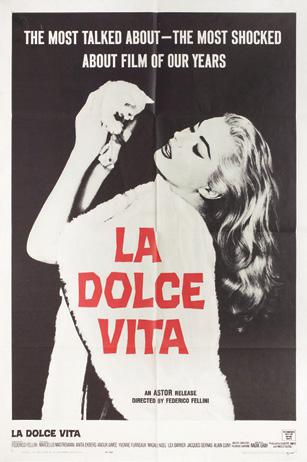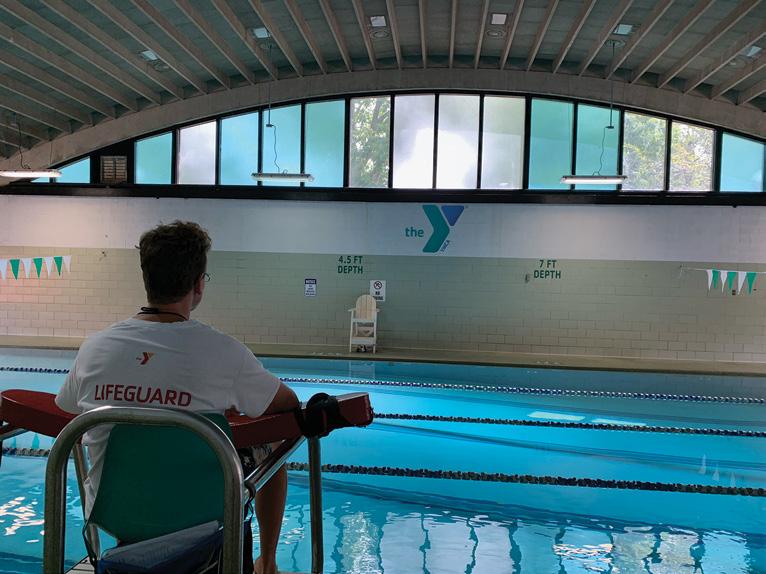TOWN TOPICS, PRINCETON, N.J., WEDNESDAY, SEPTEmbER 16, 2020 • 16
Mailbox Continued from Preceding Page
Behrend is a Proven Leader at a Time When Leadership is Crucial
To the Editors: We are extremely pleased to write in support of Beth Behrend’s run for a second term on Princeton’s Board of Education. In her first term, Beth demonstrated her collaborative approach to problem solving, an unwavering dedication to securing the well-being of all of our district’s children, and her commitment to planning responsibly for our future. Her experience on the Board of Education has shown both vision and a deeply professional, practical ability to get the Board’s work done in the most effective, equitable, cost-efficient manner. During her Board presidency, Beth Behrend has led collaboratively by bringing diverse people together to tackle a series of difficult challenges. As one example, at the start of Beth’s term, the district faced a growing student population and school overcrowding, along with widespread ambivalence about a proposed referendum. Beth was instrumental in the School Board’s decision to rethink its approach, and ultimately find a successful path to advance the most urgent issues, including the recent HVAC installations and upgrades that are proving critical to the district’s ability to provide ventilation and COVID-safe environments. Beth Behrend is that rare leader who is able to simultaneously steward public schools through present challenges, while paving the way for future success. She believed a community-driven process could ensure that solutions to overcrowding would reflect the town’s deeply-held values for excellent education and affordability. Toward those goals she led the Board to organize two citizen committees, the Strategic Planning Advisory Committee (in which we have been involved) and the Future Enrollment Committee. In facing complex decisions, Beth’s leadership shaped a process whereby the community can review options, provide ideas, and help make choices based on expert analysis of trends in our town’s demographic and other data. In all these efforts, Beth has worked with town leadership — Council, mayor, planning office, and other departments — to collaborate and find creative savings. The ability to plan effectively for curriculum, facilities, and co-curricular activities is greatly enhanced by this collaboration ensuring that resources are wisely deployed for the town as a whole and Princeton’s children in particular. Through her work on the Board, Beth Behrend has demonstrated time and again that she cares deeply about Princeton’s students now and into the future. Beth doesn’t just care for a child’s experience in kindergarten today, she is looking ahead to ensure that child is as well-served by Princeton Public Schools as possible along every step of their journey, through high school graduation. Beth Behrend is a proven leader at a time when leadership is crucial. From helping the district obtain resources for urgent needs like HVAC, planning for increased enrollment, leading the process of hiring an experienced interim schools superintendent, to securing the needed technology and support for the district to achieve equitable, bestquality online learning, Beth has been able to get things done during challenging times. A vote for Beth is a vote for proven leadership that guides us through today’s challenges, while caring deeply for the children’s futures by planning ahead. GINNY BRYANT Western Way ROBERT FREUDENBERG Palmer Square West ALISON ISENBERG Prospect Avenue CHRIS STURM Riverside Drive
Thanking Community Members Who Participated In Recreation Department Programs This Summer
To the Editor: As our staff begins to look ahead towards fall programming, we’d like to briefly look back to this summer 2020 and offer thanks to the thousands of community members who chose to be part of one or more Princeton Recreation programs this summer. The summer began with many more questions than answers about what activities could safely be offered, but in the end we welcomed more than 33,000 visitors to CP Pool and saw sold-out registration in almost all 19 weeks of our modified, in-person programming. In-
REFINED INTERIORS
HELPING FAMILIES AT HOME SINCE 1991 eastridgedesign.com | (609) 921-2827 342 Nassau Street Princeton, NJ
person programming encompassed more than 500 total registrations. We are proud to say that we continued our commitment to teaching kids how to swim with modified instruction, which meant an adult in the water with each child. Different? Yes! Effective? Yes! Our financial assistance program continued to assist families in need. Our commitment to removing financial barriers to entry remains strong as financial assistance was provided to 100 percent of applicants this summer. One of the often overlooked benefits of what a healthy community recreation program offers to its community is employment opportunities. Despite the truncated summer season, our programs led to the creation of 123 seasonal jobs, most held by Princeton residents and by employees of our local school district. These jobs led to nearly $150,000 in wages being pumped back into our local economy. We appreciate the community’s patience as we modified seemingly every aspect of our operation, we admire the community’s enthusiasm about community recreation, and we thank you for your commitment to following the plethora of new health and safety protocols that were put in place. We have received a great deal of feedback from community members this summer, and the most common theme has been a recognition of the social, physical, emotional, and mental health benefits residents gained through participation in community recreation programs, particularly following a spring season when most were stuck at home. The benefits of participating in community recreation are well-documented and have long been at the core of the Recreation Commission/Department’s stated mission. The summer of 2020 proved to be a timely opportunity for our team to highlight the truly essential services that we proudly provide for our community. BEN STENTZ Executive Director, Department of Recreation
Stressing the Importance of Supporting Equity Initiatives in Our Public Schools
To the Editor: As the nation grapples with issues of equity and racial and economic justice, it is important to recognize gains even as we acknowledge ongoing challenges. As someone who researches and teaches education policy, I am particularly focused on how these issues play out in our public schools. Unlike most New Jersey school districts, which are highly segregated by income and race, Princeton Public Schools are very diverse, with students from greatly varied backgrounds including wealthy and highly-educated families as well as students who are low-income, undocumented, and do not speak English. Because of this diversity, our students start school at very different levels of knowledge, as reflected in the gaps in standardized test scores between our more and less privileged students. It is a mistake to blame our schools for those gaps. They are a reflection of who attends the schools, not whether those schools are effectively educating our students. To eliminate the gaps, we would have to eliminate the diversity and mirror the homogeneity of privilege that describes most affluent communities. If absolute test scores do not tell us anything about the quality of our schools, what does? Although there is no perfect metric, the NJ Department of Education and education researchers look at the change in students’ standardized test scores year to year to evaluate how much they are learning, a concept referred to as student growth. The NJ Department of Education’s latest school performance report (available on both the district’s and state’s websites), indicates that Princeton students are substantially outperforming their peers across the state in student growth rates. Princeton Public Schools’ median English and math growth rates exceed those of the rest of the state for every subgroup of students, including low income students, students with disabilities, English language learners, LatinX, Black, Asian, bi/multi-racial, and white students. Even more impressive is the fact that with very few exceptions, the subgroup growth rates are comparable to or exceed those of whites, who are usually among the more privileged students. The exceptions are both English and math growth rates
Letters to the Editor Policy Town Topics welcomes letters to the Editor, preferably on subjects related to Princeton. Letters must have a valid street address (only the street name will be printed with the writer’s name). Priority will be given to letters that are received for publication no later than Monday noon for publication in that week’s Wednesday edition. Letters must be no longer than 500 words and have no more than four signatures. All letters are subject to editing and to available space. At least a month’s time must pass before another letter from the same writer can be considered for publication. Letters are welcome with views about actions, policies, ordinances, events, performances, buildings, etc. However, we will not publish letters that include content that is, or may be perceived as, negative towards local figures, politicians, or political candidates as individuals. When necessary, letters with negative content may be shared with the person/group in question in order to allow them the courtesy of a response, with the understanding that the communications end there. Letters to the Editor may be submitted, preferably by email, to editor@towntopics.com, or by post to Town Topics, PO Box 125, Kingston, N.J. 08528. Letters submitted via mail must have a valid signature.
for Black students and math growth rates for low income students and students with disabilities, which exceed those of their peers across the state but lag the white students within our district. Those are critical gaps that must be addressed. The district has acknowledged and taken steps to address these gaps by conducting the 2018 equity audit and the forthcoming special education audit and by implementing the subsequent recommendations, such as hiring more teachers of color, adopting restorative discipline practices and a racial literacy curriculum, providing training in culturally responsive teaching, providing free pre-K and offering it to more families, and implementing the dual-language immersion program. These programs require resources and continued community support. As a taxpayer, PPS parent, and education policy scholar, I cannot imagine a more worthy use of our tax dollars. JULIA SASS RUBIN Jefferson Road The writer is a professor of public policy at Rutgers University
Thanking Those Who Contributed to Success of 2020 Sourland Spectacular
To the Editor, On behalf of the board, staff, and members of the Sourland Conservancy, I would like to thank the 325 participants of the 2020 Sourland Spectacular for riding, running, and hiking to Save the Sourlands. The New Jersey Forest Service estimates that our 90-square-mile region is on track to lose over one million trees within the next few years due to the invasive emerald ash borer. This damage will impact the fresh air, clean water, carbon sequestration services, and critical habitat the forest provides. Funds from the Spectacular will benefit the Sourland Conservancy’s efforts to plant native trees, shrubs, and flowers on public preserves; remove invasive species; host free guided hikes and educational seminars; lead advocacy efforts; work in partnership with the Stoutsburg Sourland African American Museum; and more. I would like to thank the residents of our Sourland Community for welcoming Spectacular participants, taking extra care while driving to accommodate the increased bicycle traffic, masking up on the trails, and helping to keep everyone safe. I would especially like to thank the hardworking Spectacular committee volunteers for their creativity in adapting this year’s event to follow CDC guidelines, marking and remarking the routes, and keeping the support facilities running throughout the nine-day event. They did an excellent job promoting and conducting the Sourland Spectacular while doing their best to keep everyone safe and healthy. LAURIE CLEVELAND Executive Director, Sourland Conservancy
Books Mendelsohn and Wood Discuss “Three Rings”
Daniel Mendelsohn and Michael Wood will be talking about Mendelsohn’s new book, Three Rings: A Tale of Exile, Narrative, and Fate, in a Labyrinth and Library Livestream presentation, Tuesday, September 22 at 6 p.m. This event is presented in partnership with the Princeton University Humanities Council. Joyce Carol Oates writes, “Classicist, historian, memoirist, cultural critic, wit ― with consummate skill and the sharp, sympathetic eye of the poet, Daniel Mendelsohn brilliantly combines these roles. Three Rings is a masterly exegesis and demonstration of digression as a high art.” Mendelsohn is a frequent contributor to The New Yorker and The New York Review of Books, where he is editorat-large. His books include the memoirs An Odyssey: A Father, a Son, and an Epic and The Lost: A Search for Six of Six Million as well as three collections of essays and criticism, most recently Ecstasy and Terror: From the Greeks to Game of Thrones. He teaches literature at Bard College. A professor emeritus of English and comparative literature at Princeton, Wood has written books on Vladimir Nabokov, Luis Buñuel, Franz Kafka, and Gabriel García Márquez, as well as The
Road to Delphi, a study of the ancient and continuing allure of oracles. Among his other books are America in the Movies and Children of Silence. He is a regular contributor to The London Review of Books and The New York Review of Books. Register at crowdcast.io/ e/daniel-mendelssohn-and/ register.
English Syntax Subject Of Library, Labyrinth Event
Librar y and L abyr inth Livestream will present Robert Freidin discussing his book, Adventures in English Syntax on September 21 at 7 p.m. This event is presented in partnership with the Princeton Public Library, the Princeton University Humanities Council, and the Program in Linguistics. “Deeply infor med and engagingly presented,” according to Noam Chomsky, “these compelling adventures succeed admirably in achieving the author’s intention to reveal ‘something of the hidden depth and abstract nature of our knowledge of the language we speak’ and to show how ‘endlessly fascinating’ language is — its structure and how we can use it effectively.” Freidin is a professor of linguistics, emeritus at Princeton University, where he taught from 1984 to 2016. He is also the author of Syntax: Basic Concepts and Applications. Register at crowdcast.io/e/ syntaxadventures/register.

